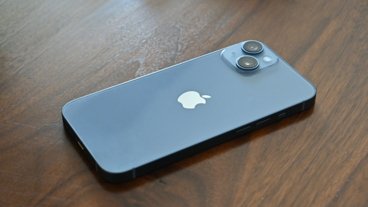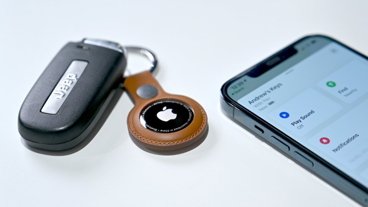Cheap Android phones 'crushing' Apple's iPhone in countries without subsidies
During Apple's last quarterly earnings conference call, company officials revealed that the average selling price of the iPhone is nearly $660. But consumers pay much less than that, with the difference subsidized by carriers in exchange for signing a new two-year service contract.
While that strategy has worked very well in countries like the U.S., U.K. and elsewhere, where carrier subsidies are the norm, it has presented problems for Apple in markets that are predominantly prepaid. Profiling this issue on Monday, The Wall Street Journal declared that cheaper Google Android phones are "crushing the iPhone" in European countries hit hardest by the ongoing debt crisis.
"Its performance in parts of southern Europe where most consumers don't sign contracts and have to pay full freight for phones suggests Apple's position could suffer if carriers tire of underwriting most of the cost of the devices, as some are in countries such as Denmark and Spain," the report said.
Data from IDC shows that Android took well more than half of the smartphone market in Greece and Portugal in 2011, while Apple had a very small presence both countries. It's a very different story in the U.K. and U.S., where Apple took roughly 25 percent of the entire smartphone market in 2011.
Greece's top-selling smartphone last year was the Samsung Galaxy Mini, which sells for just $188 without a contract. For comparison, an older model 8-gigabyte iPhone 4 sells new for $680 without a subsidy in Portugal.
Apple Chief Executive Tim Cook said last October that the prepaid market is "very, very important" to his company. He said that was one of the reasons the company continues to sell its entry-level iPhone 3GS, to reach lower price points in both prepaid and postpaid markets.
There have been rumors for years that Apple plans to introduce a so-called "iPhone nano" to increase its presence in prepaid markets, particularly China. But so far Apple has declined to build an entirely new model for emerging markets, opting instead to continue to sell previous-generation handsets at a lower price.
 Slash Lane
Slash Lane











 Andrew Orr
Andrew Orr
 Malcolm Owen
Malcolm Owen

 William Gallagher
William Gallagher

 Mike Wuerthele
Mike Wuerthele
 Christine McKee
Christine McKee








